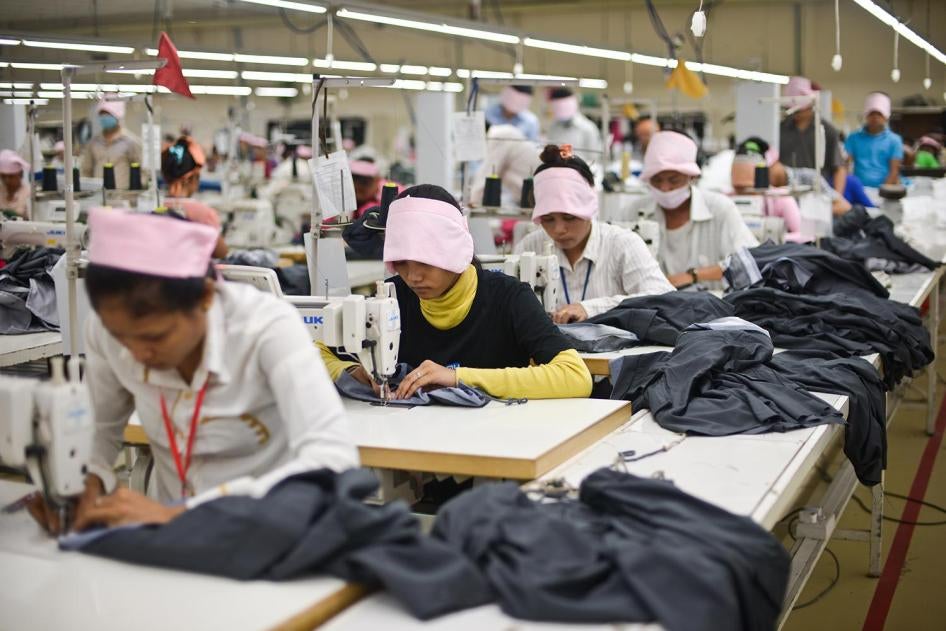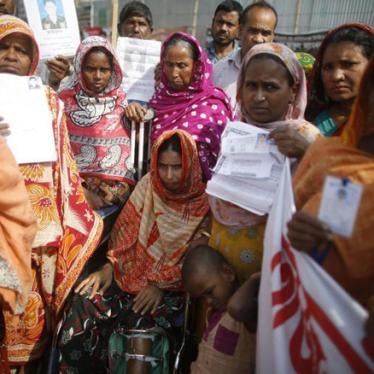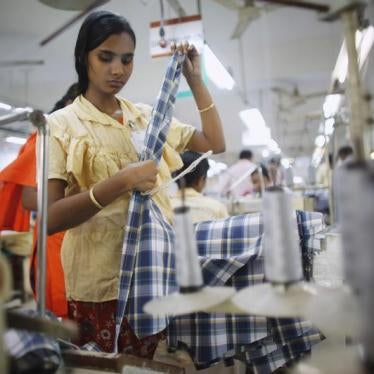Garment workers are leading a global fight against poor factory inspections. A couple of weeks ago, Pakistani worker representatives and European rights groups filed a complaint with Italian authorities against RINA. RINA, an auditing firm, issued a report certifying the Ali Enterprises factory. Weeks after they issued an SA8000 certificate—a standard for labor and social compliance in the industry—the factory burned down killing more than 250 workers.
So how can a factory that is certified burn down? And are “social audits” and certifications working?
A couple of months ago, Andrew S. and I sat at a roadside eatery in one of Asia’s apparel hubs. A plateful of starters, a pot of rice, and some iced coffee, and three hours flew by as he described his experiences inspecting garment factories for labor conditions and treatment of workers. The process is known as “social audits” and it is a huge industry.
Andrew (not his real name) had spent more than 15 years conducting these audits across five countries, first visiting garment factories for an apparel company and later as a freelance auditor. Apparel companies or factories hire auditing firms or freelance auditors to inspect social and labor conditions and report back with their findings and how to fix problems they identify.
Consumers who are concerned about the conditions in garment factories rely on claims that brands monitor the factories that produce for them through credible social audits. They have a right to know whether the social audit process actually works.
That’s why a recent case brought before German authorities is so important and why it’s so troubling to know that these audits are riddled with problems. The German authorities’ findings in a June 26 report came at the end of a two-year process in response to complaints about a social audit conducted by TUV India and its parent company, TUV Rhineland, in a factory in Bangladesh.
It brought me back to my conversation with Andrew. I would have expected him to defend the social audit process. But the frank conversation I had with him provided an in-depth look at just how bad the problems are, and how urgent the need for change.
In 2016, survivors of the Rana Plaza disaster and human rights groups filed a complaint against these companies with the German National Contact Point for the Organization for Economic Co-operation and Development (OECD). National Contact Points for OECD members hear disputes about the application of the OECD Guidelines for Multinational Enterprises, a key set of standards defining rights-respecting business conduct.
The complainants questioned TUV India’s social audit methods and findings for Phantom Apparel Ltd., saying that its social audit had failed to detect the illegal use of child labor and violations of workers’ freedom of association.
Phantom Apparel Ltd. was one of the five factories housed in the eight-story Rana Plaza building in Bangladesh. The building collapsed in 2013, killing 1,135 workers and injuring more than 2,000 others. Among other things, TUV said after the disaster that it used audit tools and procedures from the Business and Social Compliance Initiative, a leading business association, but that its system did not cover fire and building safety.
Over the last few months, I’ve spoken to a good number of people in the auditing industry and other industry experts. Some of the most scathing criticism and candid insights about the “social audit” industry has come from experienced auditors themselves. Andrew minced no words. He had repeatedly seen the system fail workers.
German authorities have identified numerous concerns with the auditing industry. These include auditors’ technical expertise, the methodology for audits, and how the audits are paid for. The authorities also expressed concerns about whether factories actually fix the problems and what brands do to monitor the process, and whether workers have ways of raising grievances after the auditors leave the premises. The German report identified many of the challenges that auditors like Andrew themselves have raised in my conversations with them.
Social compliance auditing is a multi-billion dollar industry. At one end of the spectrum are huge corporate behemoths, including TUV Rheinland, TUV Nord, TUV SUD, SGS, UL, BV, and Intertek. These companies provide a range of services, including product and quality testing, and social audits. At the other end of the spectrum are smaller firms, many of them providing specialized services. Social audits are conducted across various industries and not just the apparel industry.
Germany, with its Partnership for Sustainable Textiles, which includes apparel companies and nongovernmental organizations, and aims to improve garment industry policies and accountability for factories they source from, is well placed to lead a dialogue that would fundamentally alter the social audits business. Italian authorities too should come out strongly pushing for a rehaul of the system. Consumers should be able to feel confident that the workers who make their clothing work in safe conditions and are treated with decency and respect.










